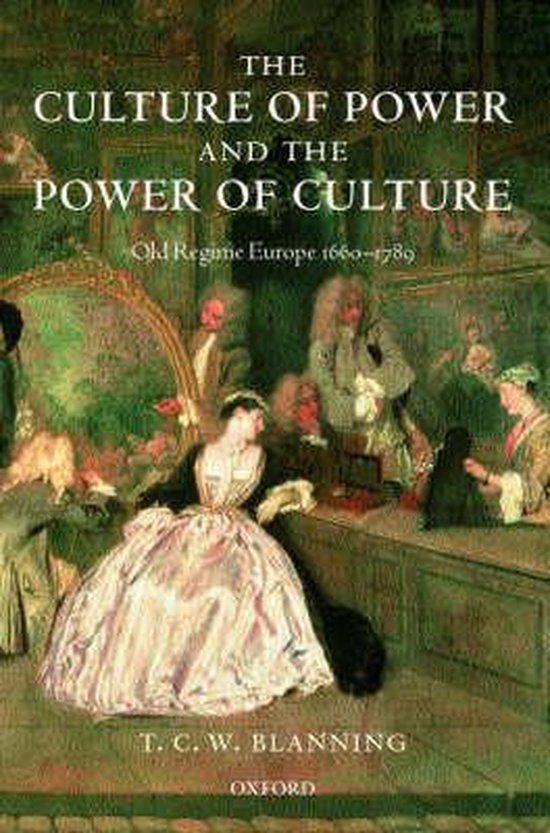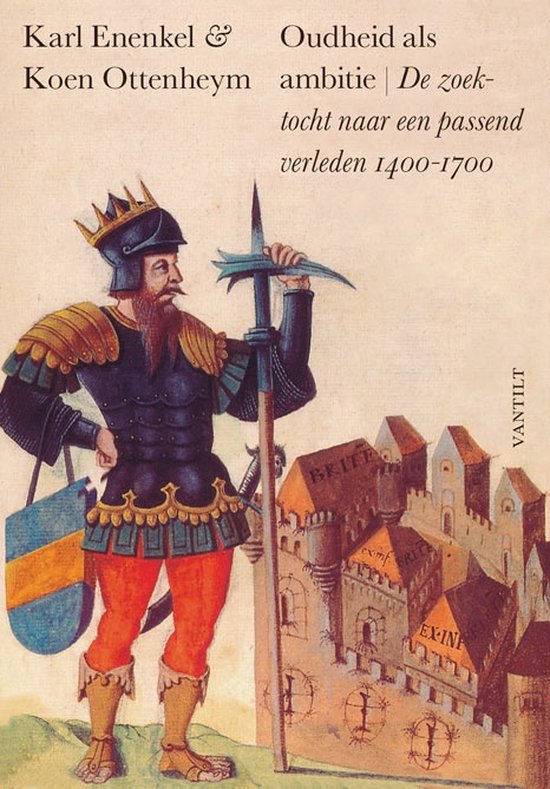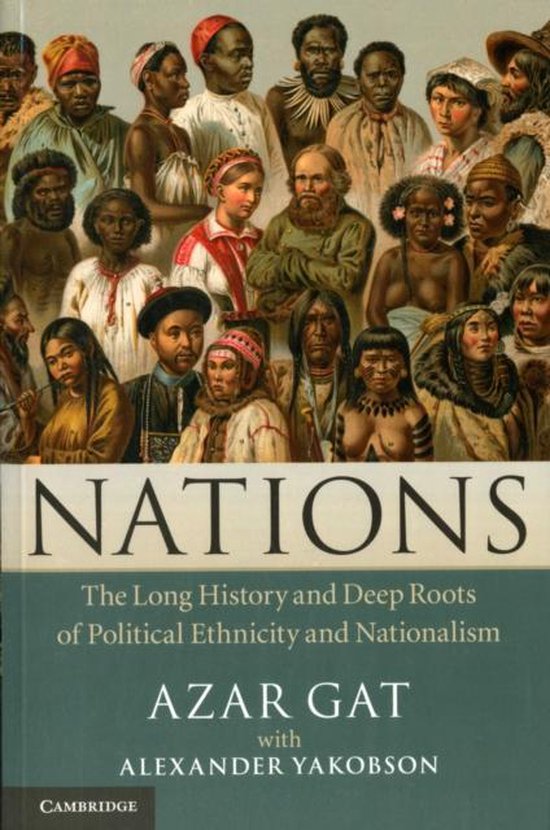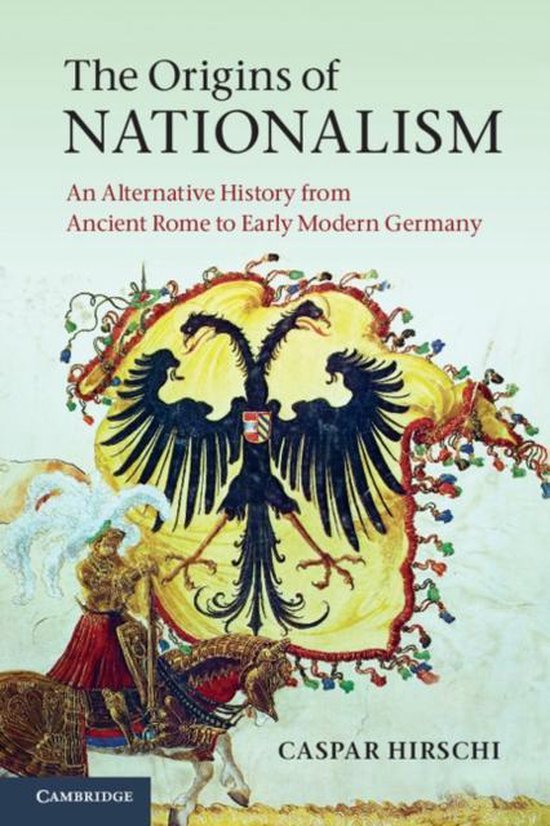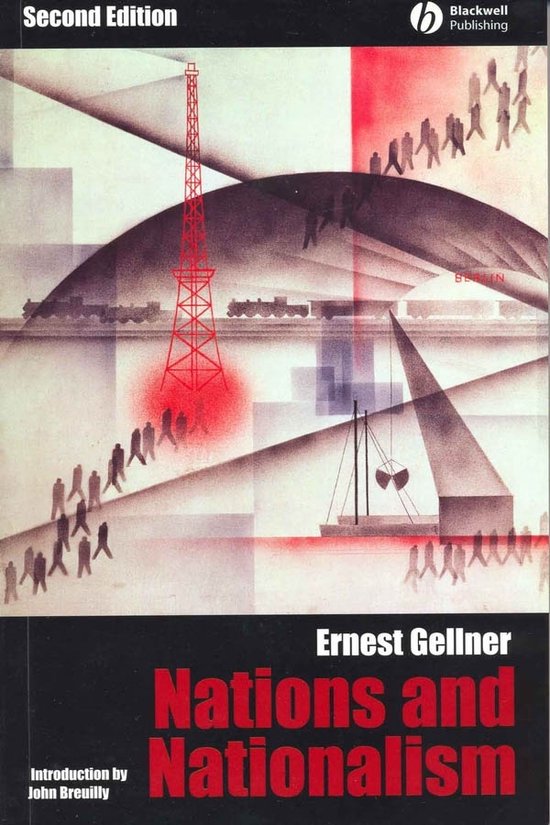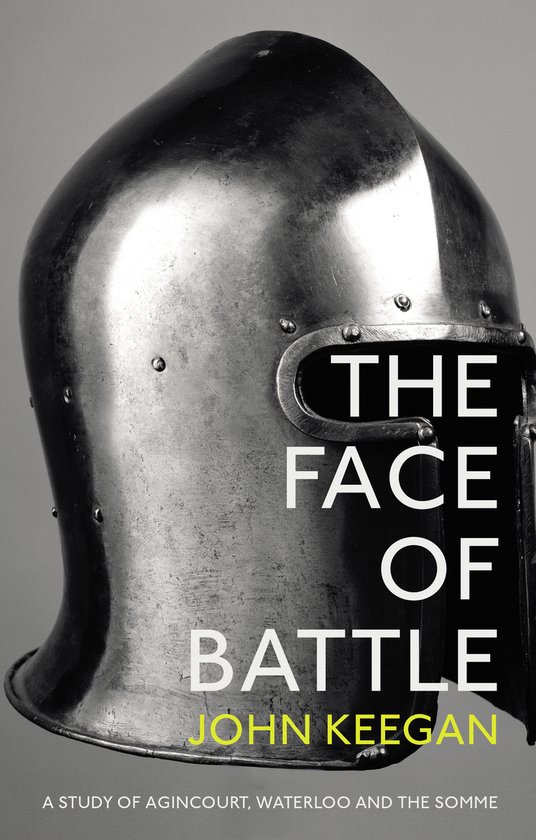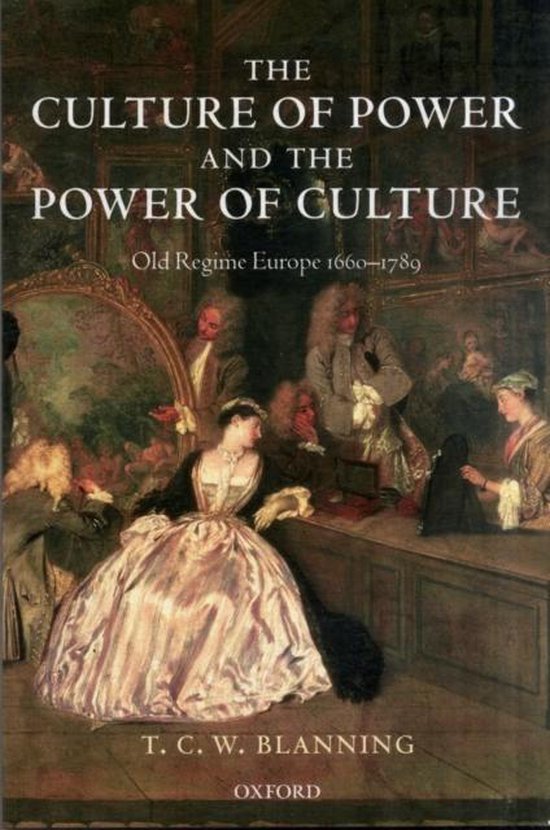
Culture Of Power & The Power Of Culture
Public opinion in the form of new cultural institutions such as the newspaper, the novel, and the coffee house threw down the gauntlet to established 18th century regimes. This title explores the interaction of politics and culture during these final years of Old Regime Europe and shows why some regimes adapted and flourished while others died.
In this fascinating new account of Old Regime Europe, T. C. W. Blanning explores the cultural revolution which transformed eighteenth-century Europe. During this period the court culture exemplified by Louis XIV's Versailles was pushed from the centre to the margins by the emergence of a new kind of space - the public sphere. The author shows how many of the world's most important cultural institutions developed in this space: the periodical, the newspaper, the novel, the lending library, the coffee house, the voluntary association, the journalist, and the critic. It was here that public opinion staked its claim to be the ultimate arbiter of culture and politics. For the established order this new force was to prove both a challenge and an opportunity and the author's comparative study of power and culture shows how regimes sought to keep their balance as the ground moved beneath their feet. In the process he explains, among other things, why Britain won the 'Second Hundred Years War' against France, how Prussia rose to become the dominant power in German-speaking Europe, and why the French monarchy collapsed.
In this fascinating new account of Old Regime Europe, T. C. W. Blanning explores the cultural revolution which transformed eighteenth-century Europe. During this period the court culture exemplified by Louis XIV's Versailles was pushed from the centre to the margins by the emergence of a new kind of space - the public sphere. The author shows how many of the world's most important cultural institutions developed in this space: the periodical, the newspaper, the novel, the lending library, the coffee house, the voluntary association, the journalist, and the critic. It was here that public opinion staked its claim to be the ultimate arbiter of culture and politics. For the established order this new force was to prove both a challenge and an opportunity and the author's comparative study of power and culture shows how regimes sought to keep their balance as the ground moved beneath their feet. In the process he explains, among other things, why Britain won the 'Second Hundred Years War' against France, how Prussia rose to become the dominant power in German-speaking Europe, and why the French monarchy collapsed.
| Auteur | | T. C. W. Blanning |
| Taal | | Engels |
| Type | | Paperback |
| Categorie | | Mens & Maatschappij |
